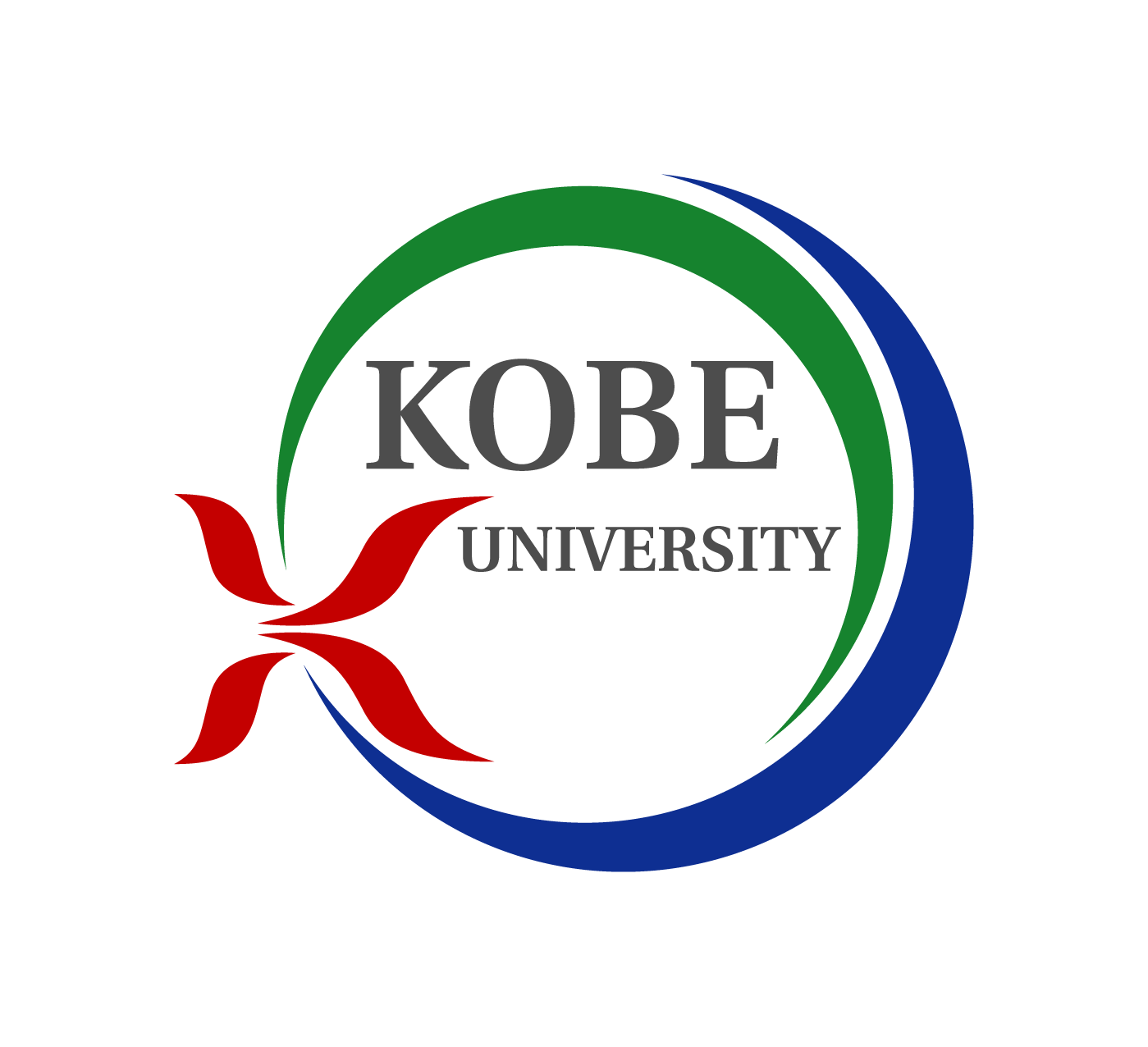TECH

Huawei Isn't Giving Up On Europe
Huawei's plans for the international market have been unclear ever since it was blacklisted by the US in May. That ban resulted in Google limiting Huawei to open source aspects of the Android platform, which doesn't include the Play Store or Google apps, and it wasn't clear how soon the company might be able to switch to its own mobile platform. But yesterday Reuters said Huawei does not plan to give up on the international market just yet.
Reuters said Huawei is set to reveal a new lineup of Mate 30 smartphones in Munich on Sept. 18. The lineup's current launch date is unknown, but Google confirmed to Reuters that Huawei won't be able to use proprietary aspects of the Android platform with the new devices. (At least as the U.S. restrictions are currently being interpreted - the rules have not been particularly clear since the ban's announcement nearly four months ago.)
That means the device will likely feature the HongMeng platform Huawei reportedly started developing in 2012. We don't know much about the mobile operating system - Huawei's messaging regarding work on its own smartphone platform has been nearly inconsistent as the US government's position on the company ban. Here's a brief timeline of HongMeng reports and rumors that started after Huawei was cut off from parts of Android:
• May 23: Huawei told CNBC that its then-unnamed operating system could debut in 2020.
• May 28: Huawei said it could replace Android and Windows if it needed to, but didn't want to.
• July 8: Huawei said HongMeng is up to 60% faster than Android.
• July 19: Huawei said that HongMeng is not supposed to replace Android.
• August 5: Chinese state media said HongMeng could debut as early as this December.
It seems like Huawei was holding out hope that it would be allowed to continue using every aspect of Android and Windows despite the U.S. ban. As the months went on, however, it started touting its own platform in preparation for the first devices built upon it. This might only apply to the company's smartphone plans; it indefinitely delayed the launch of the Mate X laptop at least partly because of its current struggle with the U.S. government.
Huawei doesn't have to introduce HongMeng alongside the Mate 30. It could simply introduce its own app store for Android devices, thus obviating the Play Store, and replace Google's apps with its own. The question is whether or not people will buy Android devices without close ties to Google's services. We should find out more about how exactly the company plans to move forward without Android in the coming weeks.
N. Mott

No comments:
Post a Comment